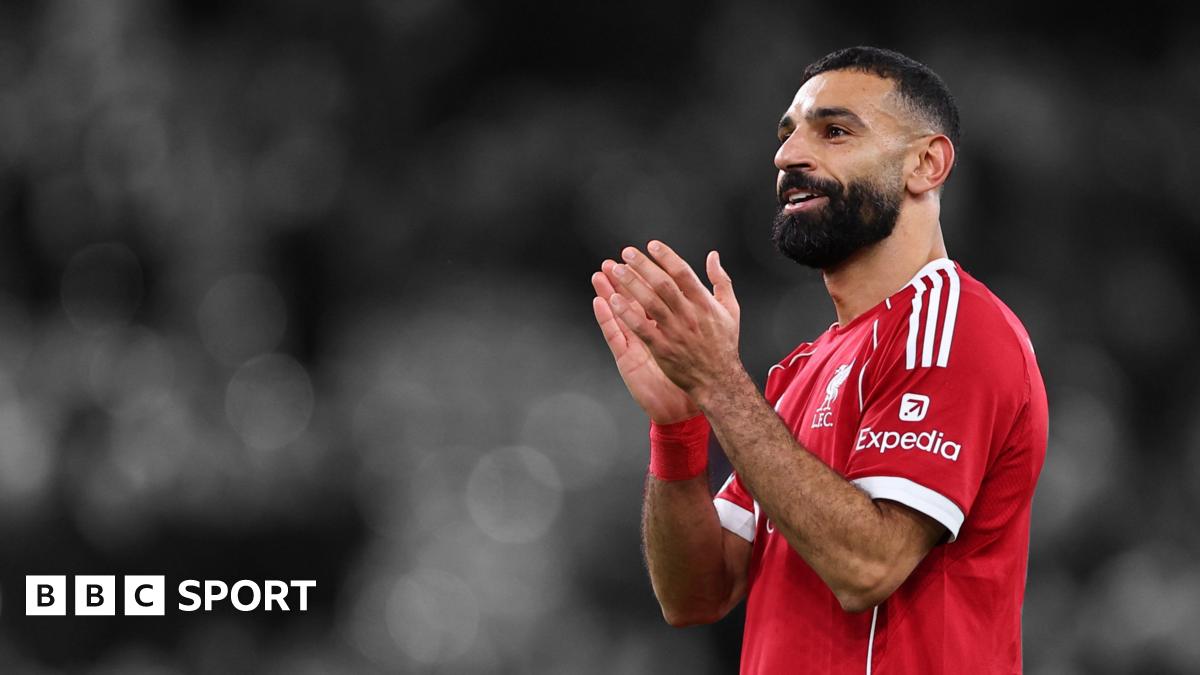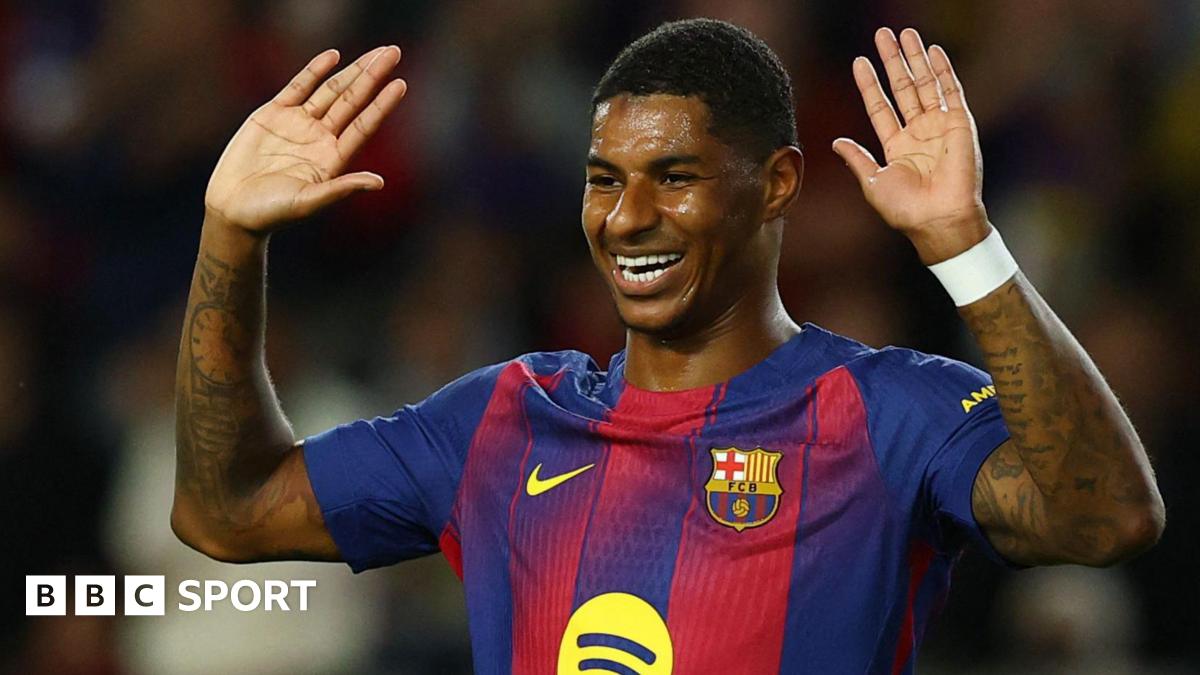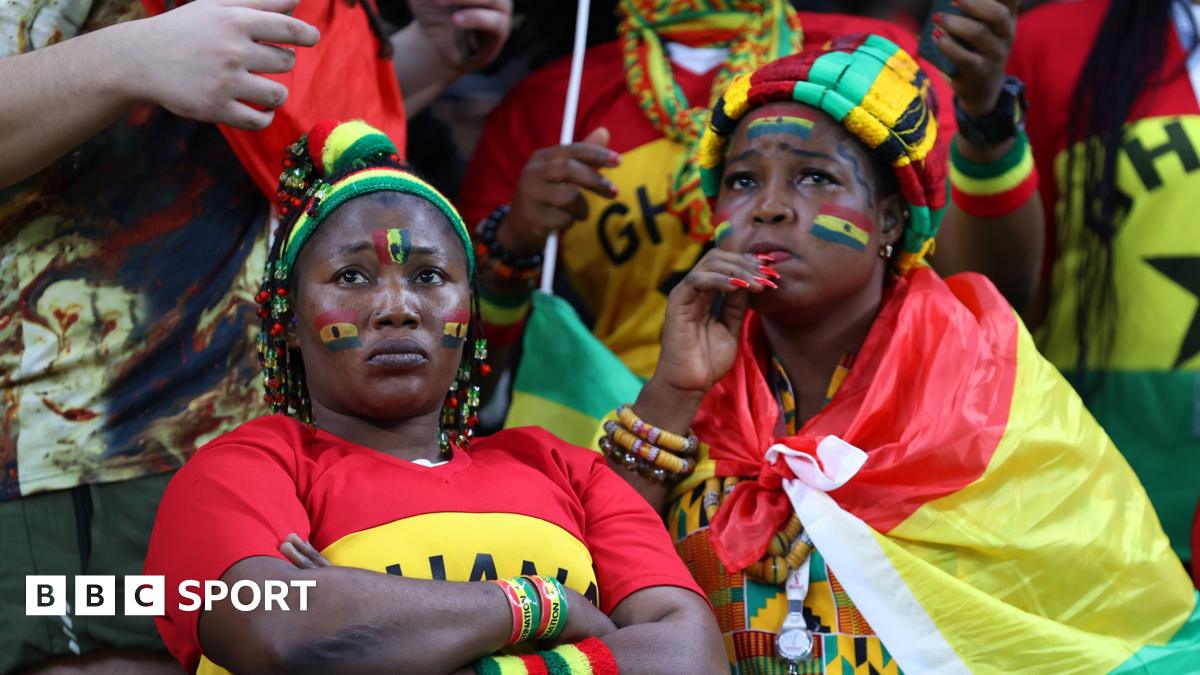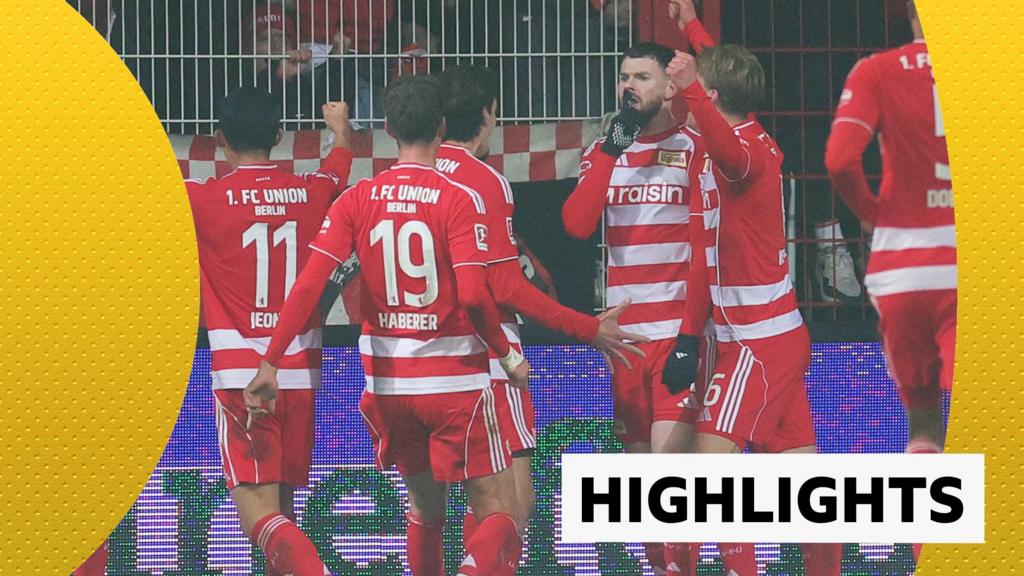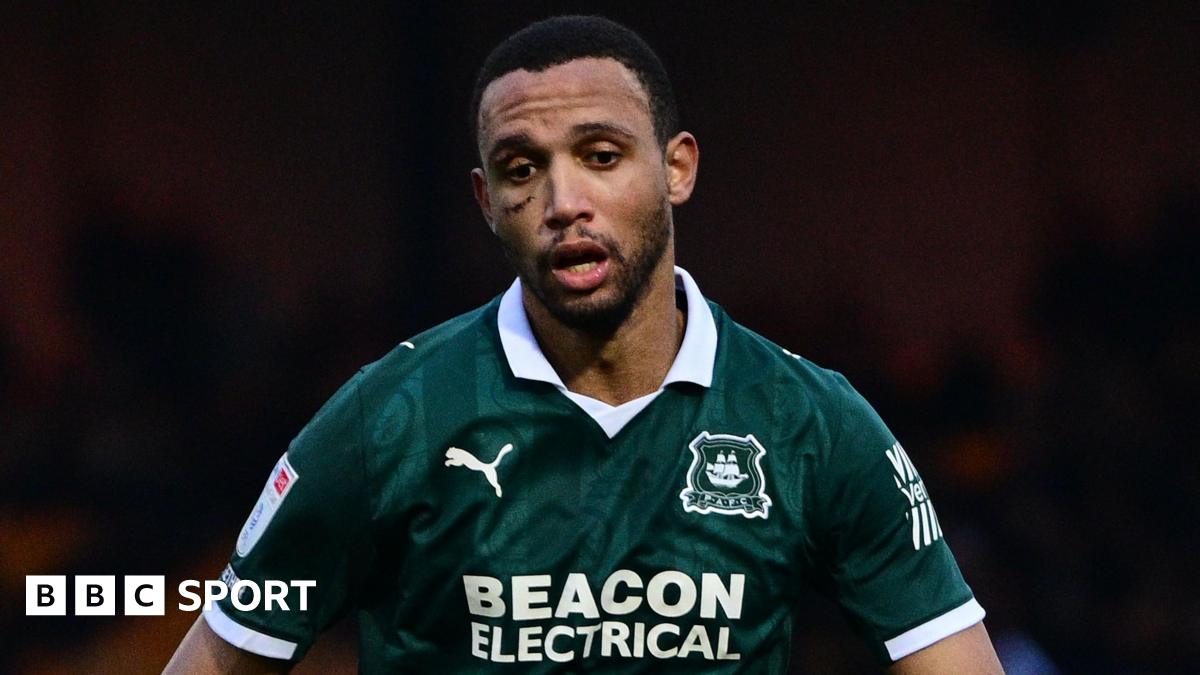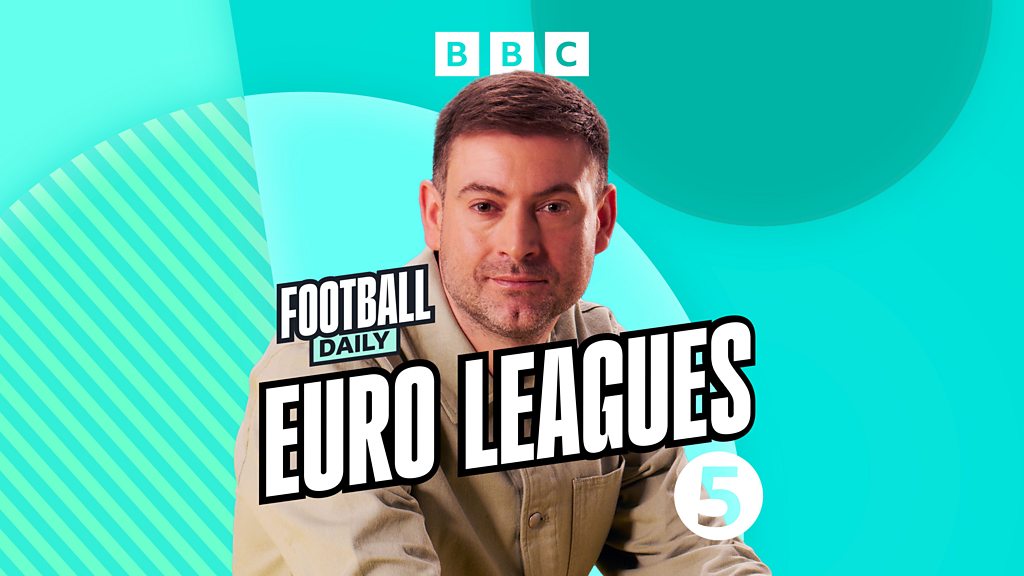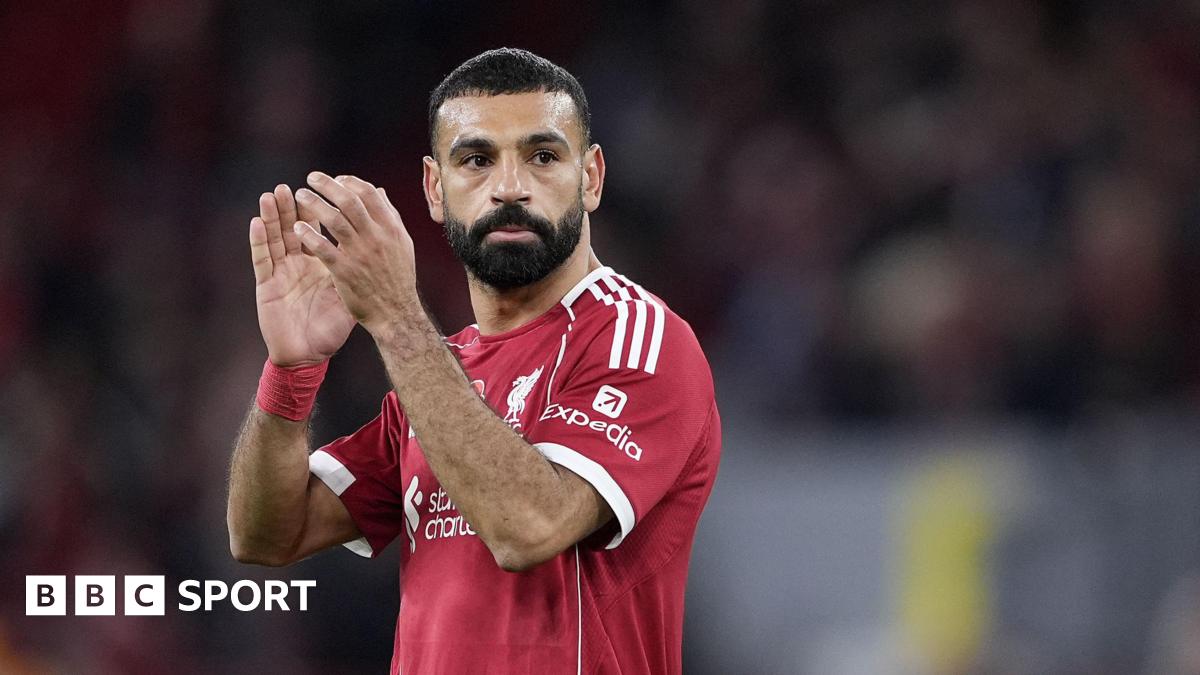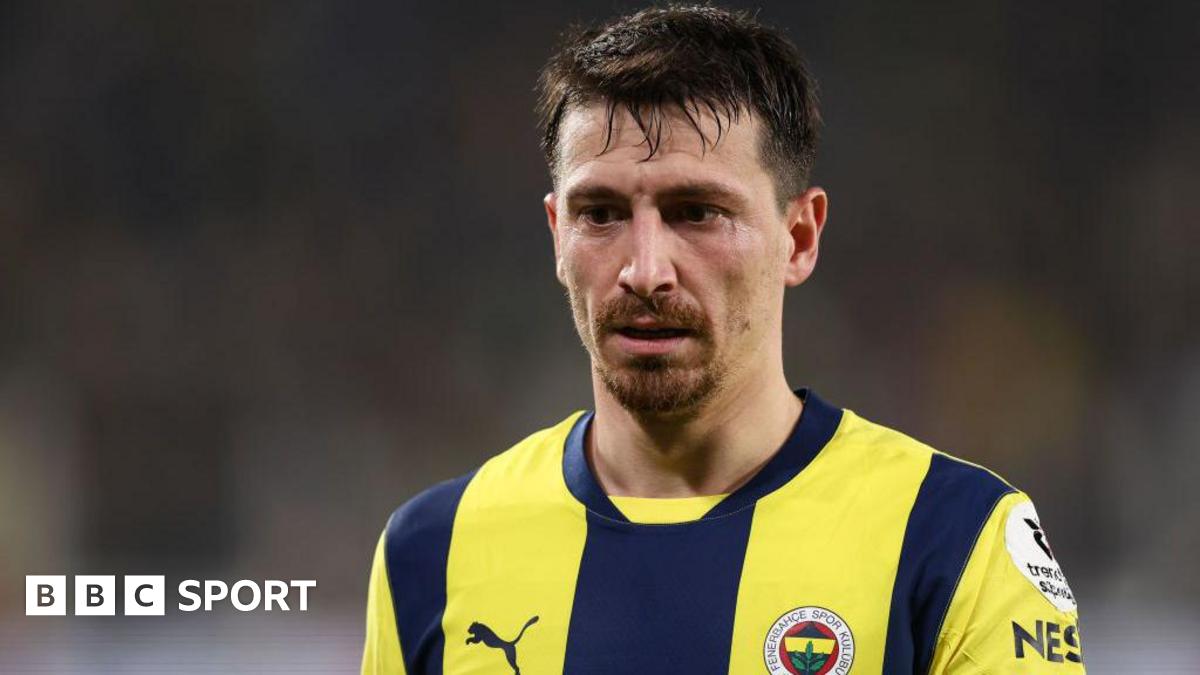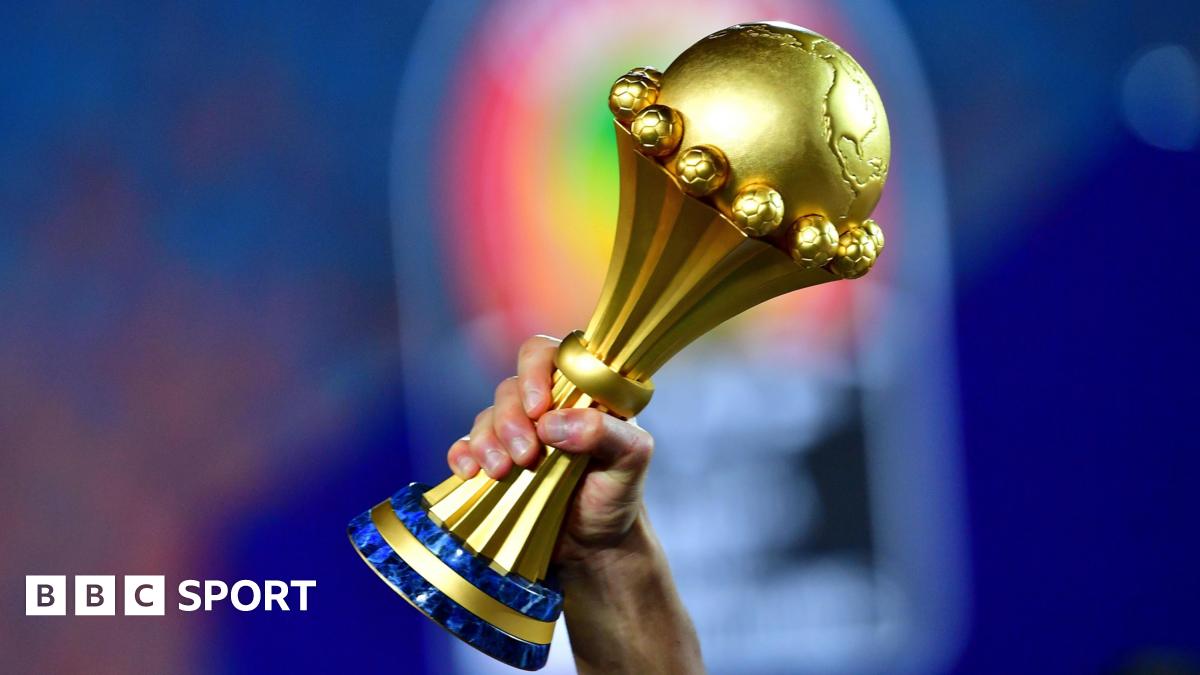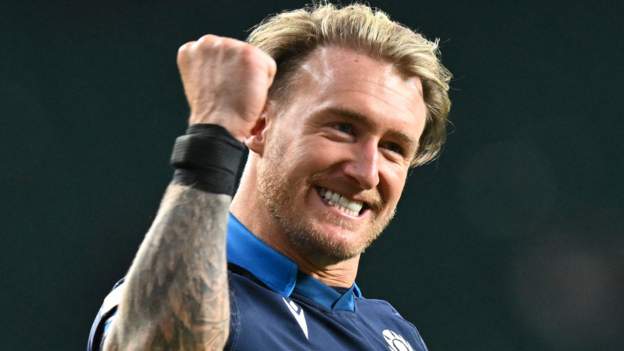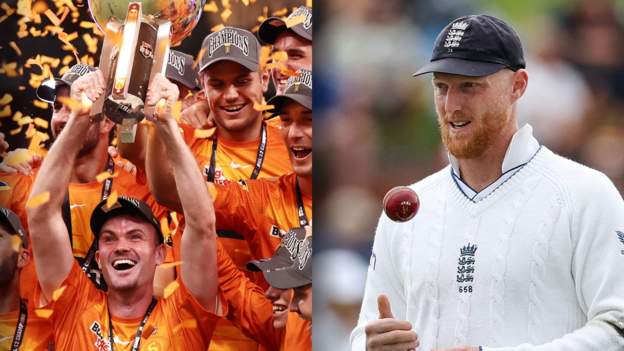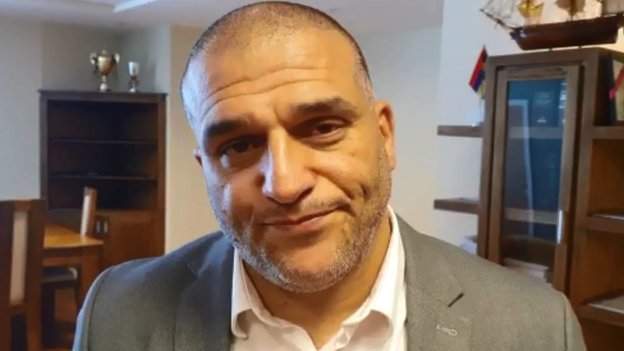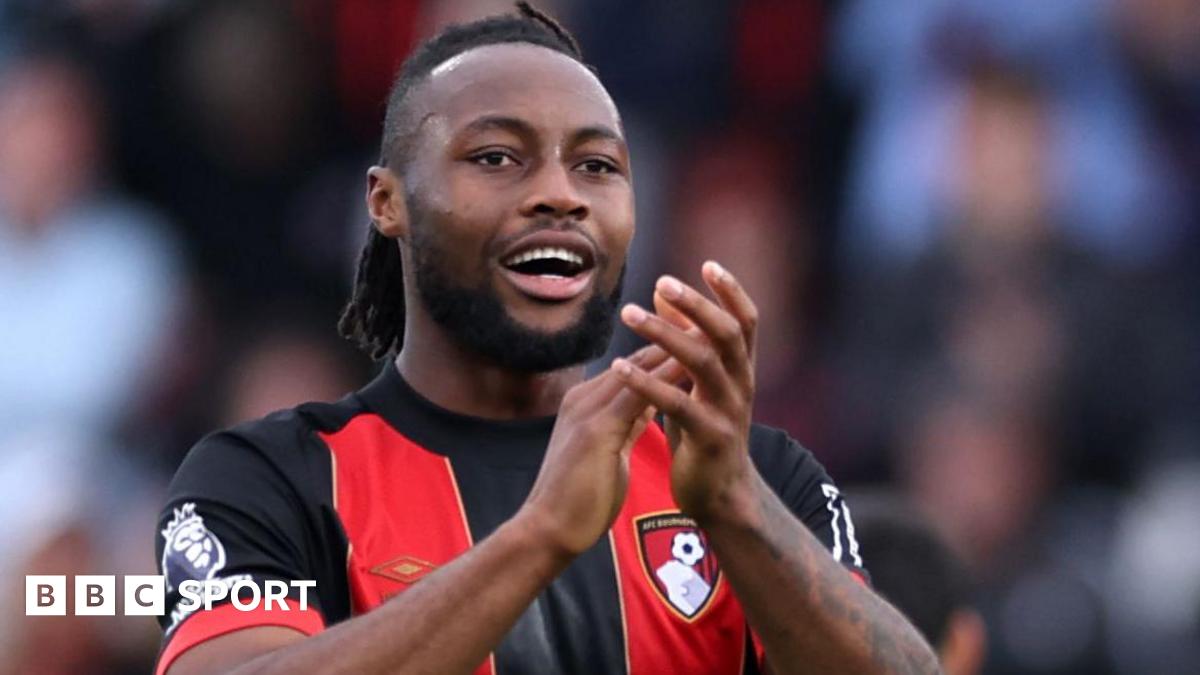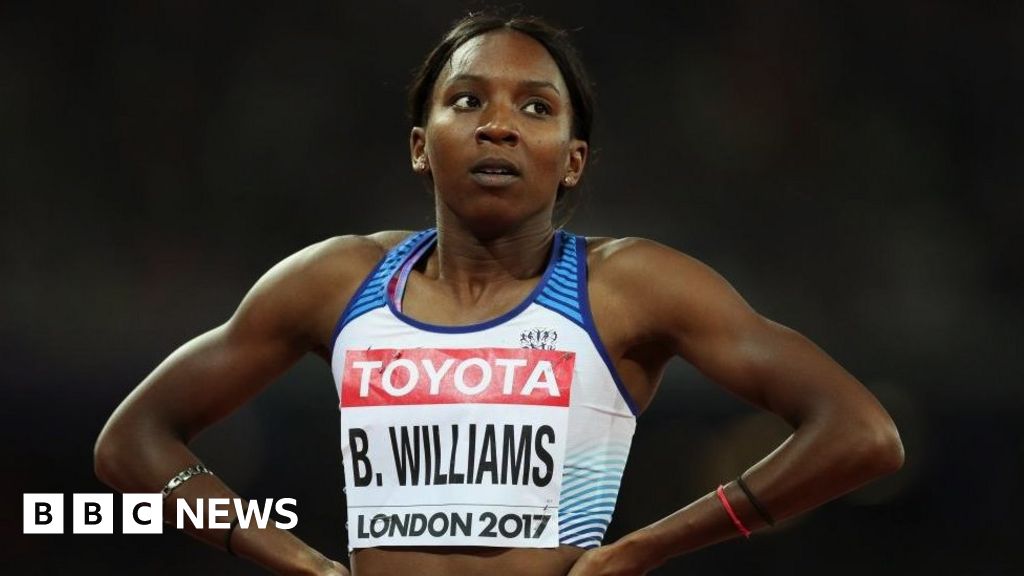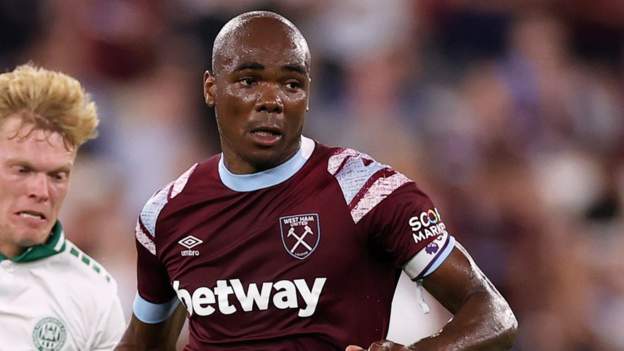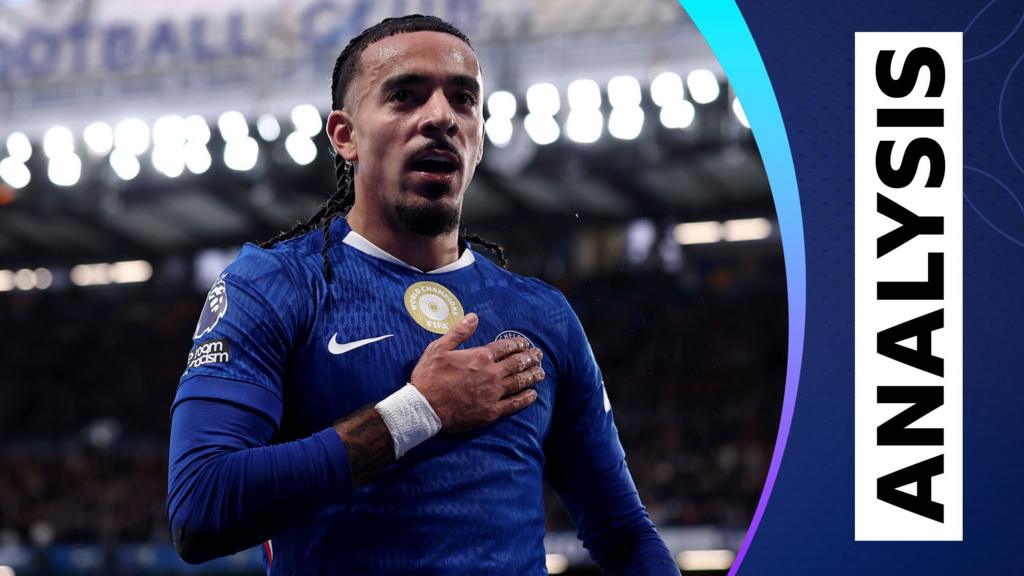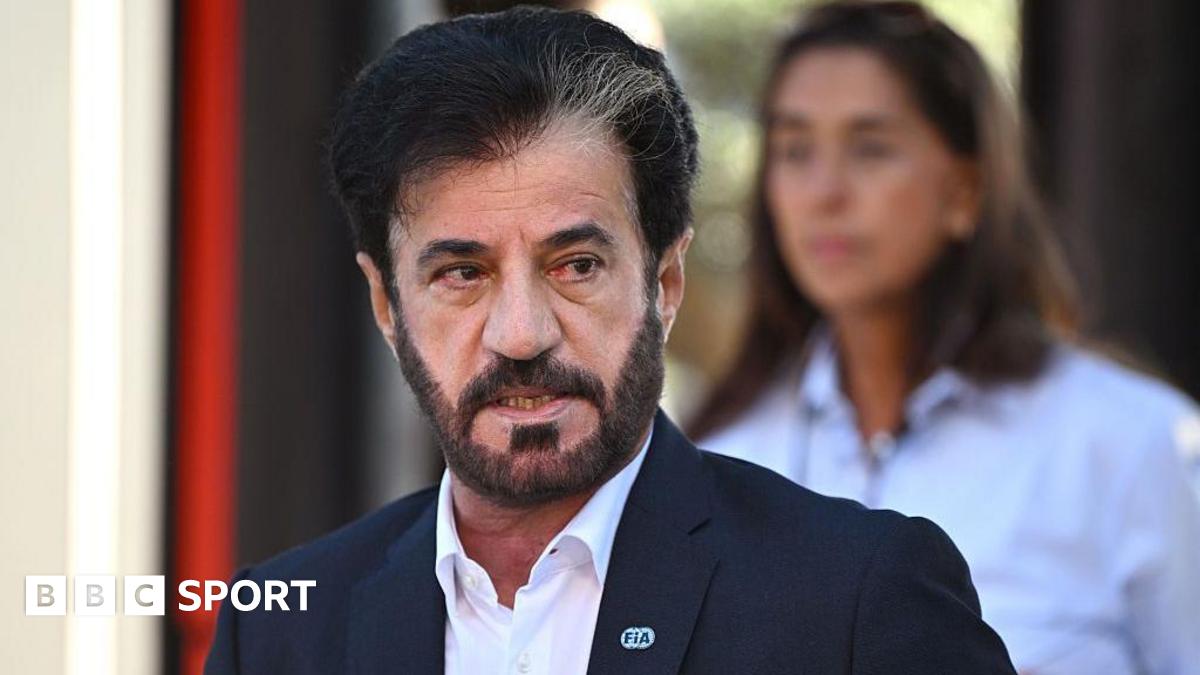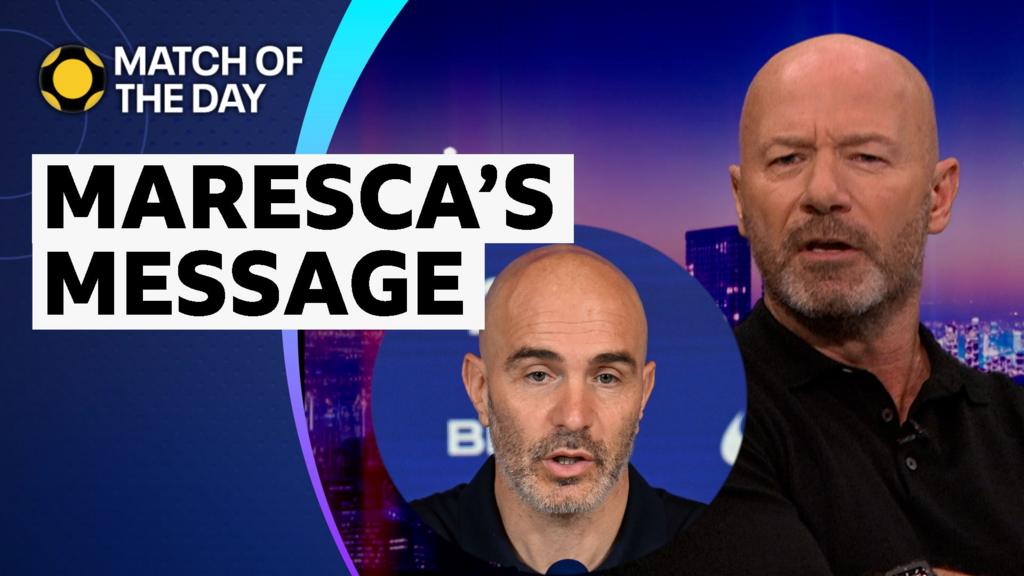| Venue: Murrayfield, Edinburgh Date: Sunday, 12 March Kick-off:15:00 GMT |
| Coverage: Watch live on BBC One and the BBC Sport website & app, listen to radio commentary & follow text updates |
In conversation, there are two Stuart Hoggs.
There’s the Hogg who appears in a room full of journalists with his guard up and his antennae twitching. And there’s the Hogg you encounter in a different setting. One to one, he’s a compelling and complex individual. Unsparingly honest, movingly so at times.
Hogg is about to become only the fourth Scot to win 100 caps. The first was against Wales as a 19-year-old as part of a team that couldn’t attack their way out of a paper bag. The century will arrive on Sunday against Ireland in a side that is, on its day, a thrill-fest.
He has been one of the most talented and intriguing players the nation has ever produced, a fascinating amalgam of sensitivity and resilience, with deep sadness in his story.
You can’t catalogue Hogg’s life and times without revisiting the night it could have all come to a tragic end. Never mind post-match interviews about games won and lost, talk to Hogg about April 4, 2009 and you get a look at the person he really is.
Over the years he has been asked many times about the car accident that claimed the life of his friend Richard Wilkinson. How the two of them played rock, paper, scissors to see who got to sit in the front passenger seat, and Wilkinson winning. How the driver of the car got involved in a race. How the car overturned at 90mph. How Wilkinson died while Hogg, in the back seat, survived.
“At that age, you think you’re invincible, don’t you?” he says.
Listening to Hogg speak, you suspect there are depths to that awful experience and how it affected him that only those closest to him will ever know.
He’s got Wilkinson’s initials tattooed on his ribs. He does a W sign to the heavens every time he scores a try – and there have been 27 for Scotland, a record. He’s spoken about how he wants to bring his friend with him on his journey and this is the only way he knows how. Richard Wilkinson has gone, but in Hogg’s mind, in a sense, he’s never left.
Hogg was capped for the first time within three years of the accident. A lightning quick full-back with brilliant footwork, a sumptuous offloading game and a huge menace as a try scorer, he was greeted with awe by Scottish fans because they had not seen anyone like him in an age.
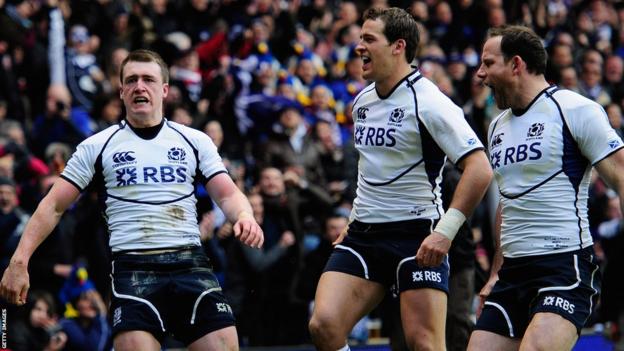
Scotland’s attack had been stultifyingly dull. In the four Six Nations before his debut, they had failed to score a try in 50% of their games. They averaged 0.8 of a try per Six Nations match in that run.
Hogg was a genuine rugby rock star, Scotland’s first of the professional age. It would be another three years before Finn Russell played his first Six Nations match. For every minute of those three years, the creative burden rested pretty much on Hogg and nobody else.
On his debut against Wales, Hogg had a try incorrectly ruled out. In his second against France, he scored.
He was different. He brought adventure and skill. He offered hope. He was a Lion at 20. In 2016 and 2017 he won back-to-back Six Nations player-of-the-championship awards as voted for by the public. Brian O’Driscoll is the only other player to have done that.
Hogg has only missed six of a possible 58 Six Nations games, a number that would have been three in 58 had Peter O’Mahony not cynically put him out of the rest of the 2019 tournament in round two.
It’s funny his 100th cap falls against Ireland. One of his greatest tries came against the Irish, an electrifying sprint from somewhere north of the Liffey in 2016. Some of his most high-profile errors have been against Ireland. One of his most frustrating injuries was that one inflicted by O’Mahony while another – and probably the most frustrating of the lot – involved Ireland’s Conor Murray in a totally accidental collision that meant the end of Hogg’s 2017 Lions tour.
There is a view in Ireland that Hogg, though talented, is flaky. In the fixture between the countries, there has been evidence to back that up, but there is still time for Hogg to change the narrative. Sunday, and a potential Grand Slam bust, would be sweet.
There are layers to him. A bravado yet a vulnerability. The way he talks about his younger self following that first Lions tour as a kid in 2013 is severe. He says he let the selection go to his head, that he got too big for his boots and thought he had out-grown Glasgow Warriors and angled for a move to Ulster.
Warriors coach Gregor Townsend dropped him for the Pro12 final against Leinster as a result of his petulance. “I was sitting in the stand with a pint. It was rubbish and all my own doing.”
What makes him fascinating are the twin sides of his personality. He is fond of his public image – the hair, the teeth, the wedding pictures in Hello magazine – but when you get him talking the barriers come down and somebody altogether more real emerges.
Getting invalided out of the 2017 Lions tour caused him untold angst. “It absolutely killed me,” he says.
He fractured his cheekbone, then had his shoulder reconstructed, then tore a muscle in his gut, then did his shoulder again. In two years he played 19 games for Glasgow. Then there was his dalliance with social media as this was developing.
“The person I am, I listen to what people have to say. I could get 99 brilliant comments and one person will abuse me and that will be one that I focus on,” he said a few years back. The abuse almost led to him walking away from the game.
“I know there are a lot of people who’ll go in the changing room after a match and search for their name on social media. I was really bad for that. I was listening to all these external voices and trying to prove them wrong. I was trying too hard, too uptight and it got worse and worse and the love of the game was gone.”
How many sportspeople speak about their own frailties in such a candid manner?
When Leinster knocked Exeter out of the Champions Cup in 2021, Hogg said he played “like an absolute clown”. The self-analysis, at times, has been more brutal than any pundit could muster on their angriest day.
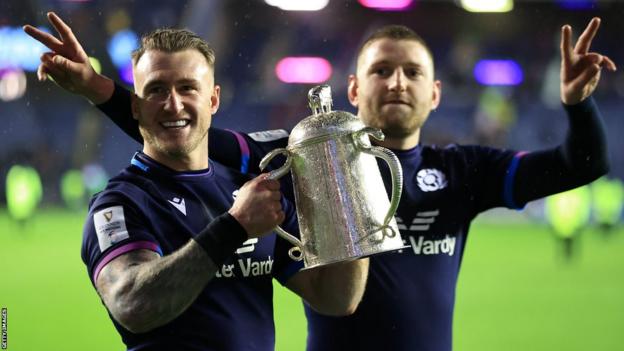
There’s been turbulence, but there’s also been glory. A Magners League win with Glasgow in 2015, a European Cup and Premiership double with Exeter in 2020, three Lions tours, captain of his country on the day they broke an 18-year hoodoo by winning in Wales, captain again when they won in Paris for the first time in 22 years, captain once more when they conquered Twickenham for the first time in 38 years.
The loss of the captaincy last year is just another dimension. Again, the connection is Ireland. Hogg and five others went out drinking in Edinburgh on a Saturday night when they should have been back at camp preparing for the trip to Dublin a week later.
As captain, the criticism alighted on Hogg as well as his fellow superstar Russell. His truculent post-match press conference did him no favours. In a less confrontational setting, Hogg might have handled it a whole lot differently.
A year on, he has been quietly effective rather than barnstormingly brilliant this season. But there are others now that can rip it up. He’s not required to always be the hero, but you still get a feeling he is never far away from doing something spectacular.
What has always been obvious from the start is his love of Scotland and the pride he feels playing for his country. A son of Hawick, this is all he’s ever wanted to do and be. Along the way there have been a few nightmares and some heavy criticism and that stuff has stung, but he keeps going, keeps believing that his and Scotland’s best days are all ahead of him.
Listen to the BBC Scotland rugby podcast with Greig Laidlaw here.



